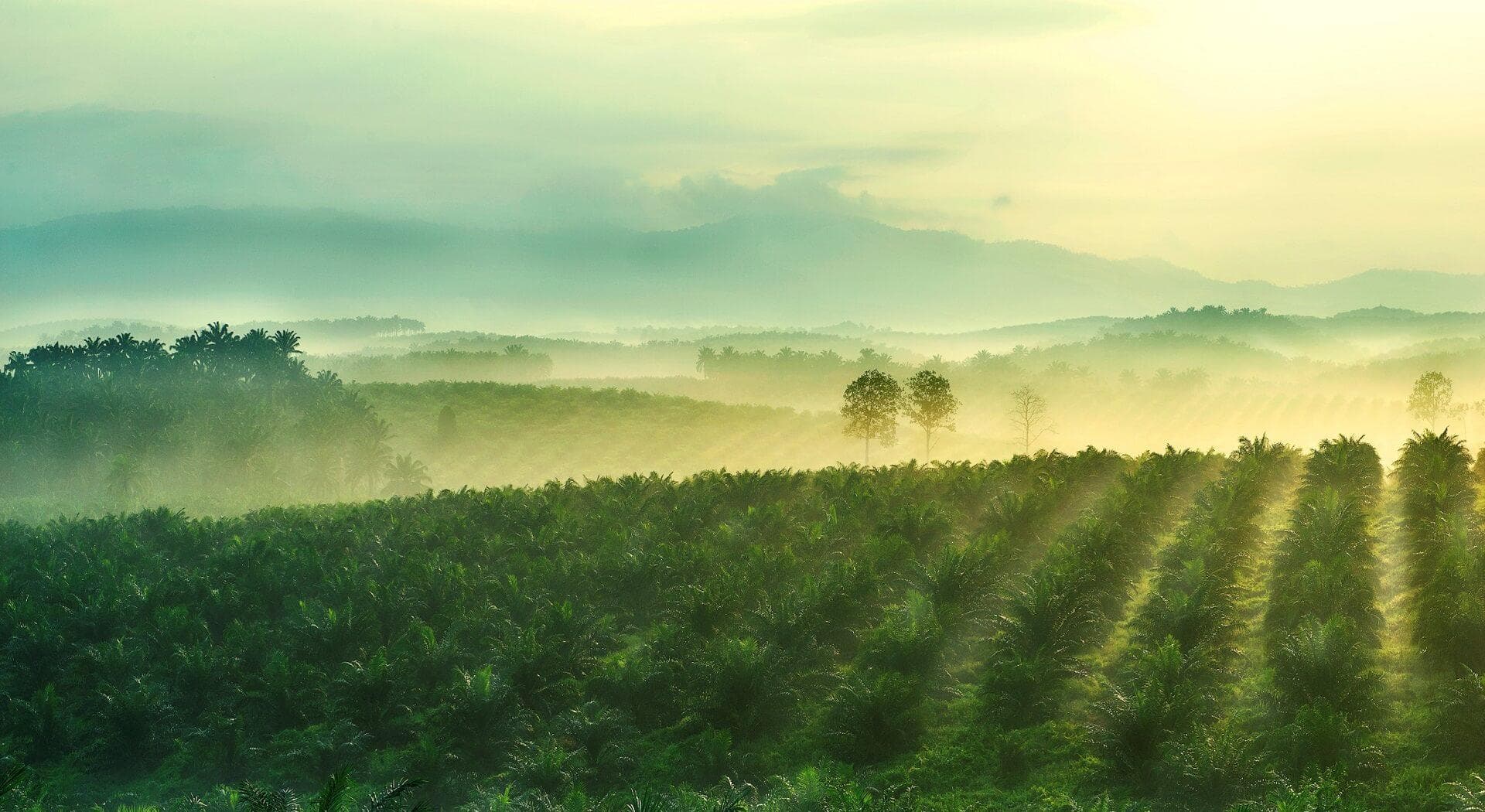
Sime Darby Plantation (SDP) today published its ‘Working with Suppliers to Draw the Line on Deforestation’ policy statement to strengthen their commitment to achieve a sustainable supply chain.
The policy builds on SDP’s existing practice and maps a step forward to meet the No Deforestation, No Peat, No Exploitation (NDPE) standards as well as SDP’s expectation that suppliers adhere to those same standards.
SDP’s Group Managing Director, Mohamad Helmy Othman Basha said that the policy makes clear the action the Company will take when an issue is identified.
“The rapid rate of deforestation is an urgent challenge for the world that demands a meaningful response. As the leading producer of sustainable palm oil, SDP shares this concern. This policy was crafted to ensure that our suppliers provide us and others with deforestation-free palm oil, and at the same time improve their NDPE operational standards too,” he added.
Based on the policy, if a supplier is found to be in violation of SDP’s NDPE standards:
The development and execution of landscape restoration plans as well as operational improvement plans will be externally verified and monitored on an ongoing basis.
He said the ultimate goal is to expand the sphere of oil palm companies operating to NDPE standards. Therefore, if a non-compliant supplier commits to meet SDP’s conditions, the Company will re-engage with them and support their progress.
Helmy added that SDP does not believe in suspension without a path for the supplier to be reinstated.
“Constructive re-engagement to introduce new and improved practices is critical to systematically resolving non-compliance to NDPE. Simply suspending suppliers can have the unintended consequence of driving poor practice elsewhere into the system, making it less visible and harder to act on. This is not the intention of our policy. Our priority is to find solutions to the issues and we believe this must be done via engagement with the suppliers and giving them the opportunity to redress the problem,” Helmy stressed.
Helmy said SDP is committed to working with suppliers in the development of their plans, and with NGO partners to build capacity for operational improvements to raise suppliers’ NDPE compliance.
The policy comes on the heels of the launch of Crosscheck, SDP’s new open-access online tool that allows traceability of its palm oil supply chain right down to the mill level.
SDP firmly believes that the frontier to halting deforestation is traceability. By tracking supply back to its source, it is now easier to identify where problems exist - and to take action.
Through this tool, users can choose to view:
“The new policy will mirror the efforts we are putting forth through Crosscheck to drive deforestation out of our supply chain. Our hope is that, by working together with our suppliers, we can transform the palm oil industry and achieve our ambition to draw the line on deforestation,” Helmy said.
The new ‘Working with Suppliers to Draw the Line on Deforestation’ policy statement can be accessed via the weblink www.simedarbyplantation.com.